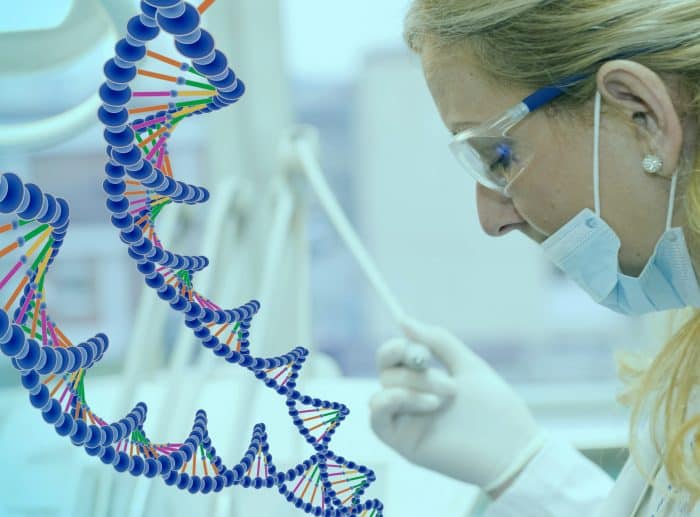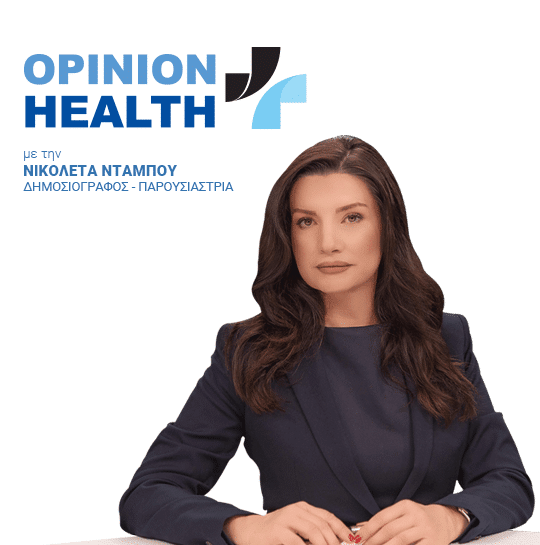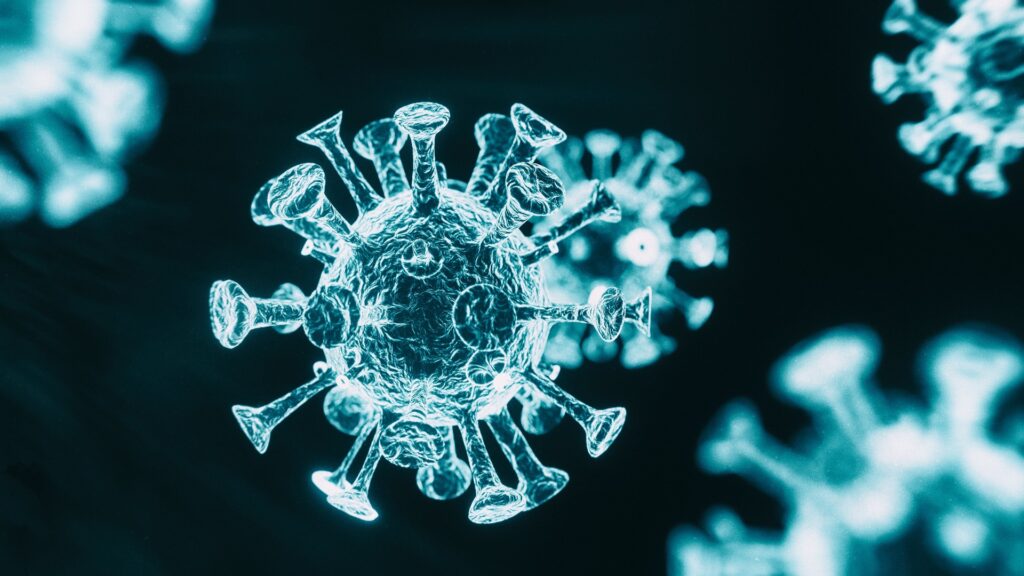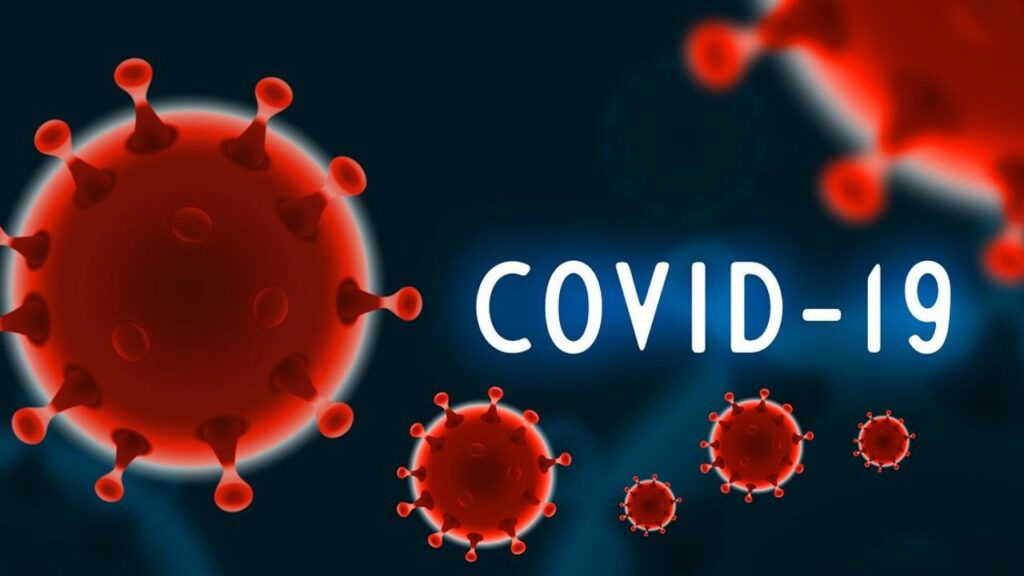"Gene therapies introduce a new therapeutic model in Medicine, and then in its reimbursement policies from health systems. "," states Hardo Fischer, Medical Director Novartis Gene Therapies, in his exclusive interview with healthweb and Nikoleta Ntampou.
Mr. Fischer explains that gene therapy is administered once, through a single dose, and does not require any further burden on the health system.Therefore, a new institutional framework needs to be developed to accommodate new, innovative, one-off treatments from local health insurance systems and Novartis Gene Therapies is willing to contribute with her experience in this direction.
At the same time, through our interview with the Medical Director of Novartis Gene Therapies, the advantage of Greece is highlighted, i.e. having a sufficient number of specialized Paedoneurological centers, scattered throughout the country, so that every newborn who is sick has easy access to specialized support and treatment, as he told us.

What does rare disease mean? What is the difference between rare diseases and ultra-rare diseases?
The European Commission defines a disease as rare when it affects less than 1 in 2,000 people of the general population. When the impact is even lower, then it is defined as an extremely rare disease. An ultra-rare disease is classified as affecting one person in fifty thousand or fewer.According to official EURORDIS data, there are more than 6000 rare diseases that currently affect 3.5% – 5.9% of the world’s population, amounting to about 30 million people in Europe.Rare diseases are characterized by a wide variety of symptoms and signs that differ not only from condition to condition, but also from patient-to-patient suffering from the same disease.
As it can also be observed in common severe diseases, the quality of life of a person living with a rare disease is affected by a lack or loss of autonomy due to chronic, progressive, degenerative and often life-threatening aspects of the disease. Nevertheless, because they are so rare, medical knowledge and research are usually limited and care services are inadequate. As a result, one can say that they are the “orphans” of the health systems…It is a usual occurrence, relatively common symptoms to obscure the underlying rare diseases, leading to misdiagnosis, thus delayed treatment. Often, though, there is no effective treatment and that intensifies the pain and suffering of both patients and their families.
Scientists have worked at full speed on gene therapies over the past two decades. For which rare diseases is this now becoming a reality and whichpatients does your company address?
Gene therapies contain genes that lead to a therapeutic, prophylactic or diagnostic effect by inserting these ‘recombinant’ genes into the body, usually to treat a variety of diseases, including genetic disorders, cancer or long-term diseases.Indeed, research into this field has a history of several decades, starting with the milestone of the first gene transfer approved in humans in 1989, in the United States. Since then, we have seen continuous progress in this exciting field, which has been accelerated in recent years, leading to the development of gene therapies in various therapeutic areas, such as ophthalmology, hematology and neurology.

Novartis Gene Therapies has developed a gene therapy for Spinal Muscular Atrophy (SMA), in which a virus is used as a vector to carry the crucial genetic material to targeted cells, such as motor neurons. Similar gene therapies are being developed by Novartis Gene Therapies for other rare diseases, such as Rett Syndrome and Friedreich’s Ataxia, which we hope to be available in the coming years.
Do patients have an easy access to Novartis Gene Therapies’ treatments?
Novartis Gene Therapies makes every effort required to get gene therapies approved from various organizations as well as local regulators.In addition, to accomplish swift access to gene therapies, Novartis Gene Therapies is also working on country specific Day One agreements. These are access agreements prior to official reimbursement, giving patients the opportunity to get the needed gene therapy as early as possible. The gene treatment for SMA was approved at a European level last May 2020, and we have already submitted the necessary requests regarding pricing and reimbursement for Greece.It should be noted here, however, that gene therapy is introducing a new paradigm in medicine which needs to be reflected in reimbursement policies from public health systems.Gene therapy is a one-time administration treatment and, as such, it relieves the health systems from further burdening, unlike conventional approaches that involve chronic patient treatment.Therefore, a new framework needs to be developed for the incorporation of these new, innovative, one-time treatments into local health insurance systems, and at Novartis Gene Therapies we happy to contribute our experience to that end.
Tell us , about gene-replacement therapies. How do they work?
Gene-replacement therapy is a simple but genius way of addressing severe, chronic monogenetic diseases, without altering the existing genome.One such disease is Spinal Muscular Atrophy (SMA), a rare and devastating genetic disease that leads to progressive muscle weakness, paralysis, and, when left untreated in its most severe form, permanent ventilation or death.Children with SMA are missing a key protein that is involved in the survival of their motor neurons. This means they permanently lose the motor neurons that are responsible for helping them move their muscles. The disease affects muscle functions, including walking, sitting, talking, and even swallowing and breathing.
The logic of gene therapy for SMA is the following:
- The disease manifests itself due to the absence or mutation of a gene, which would normally be responsible for the production of an essential protein.
- A virus is selected as a vector, due to his ability to enter specific, targeted cells.
- A new functional gene is inserted into the virus, which acts as an envelope, to carry and deliver the functional gene into the patient’s targeted cells.
- The vector is then delivered once to the patient and enters the cells, allowing the new functional gene to enter the cell nucleus.
- With the new gene in the right place, the cells begin to produce the necessary protein potentially throughout the patient’s lifetime.
Are there any measures for prevention or early detection of Spinal Muscular Atrophy (SMA)?
According to international statistics, 1 in 54 people is a carrier of the genetic defect that causes SMA, which has a 25% chance of occurring if both parents of a child happen to be carriers.At the moment, the attention of the medical community is focused on early diagnosis, which is of the utmost importance, as the sooner it is made, the more immediately the appropriate treatment is provided and the irreversible damage to the motor neurons of the newborn is restricted.The best way to achieve this is through a generalized SMA newborn screening (NBS) program, which has already been tested in regions of Germany, Belgium and Spain’, while in the US, 68% of the population is covered by NBS, giving the opportunity for an early therapeutic intervention before the serious clinical manifestation of the disease and the irreversible damage.Inclusion of SMA in the national newborn screening programs across Europe is strongly promoted by SMA Europe, an initiative that Novartis Gene Therapies fully supports.

How many patients with Spinal Muscular Atrophy (SMA) are in Greece and what are their treatment options?
Greece is a modern and open society, in which there is an impact of the disease, similar to that described in the international bibliography for Europe, meaning 1 newborn with SMA for every 10.000 births.This translates to about 8-10 new cases of SMA per year, of which 50% corresponds to Type 1 of the disease which is its most serious form, as if left untreated, most likely to result in death of the newborn before reaching the age of two. Regarding the other cases, it is expected that 25% will concern Type 2 of the disease, 20% the Type 3 and a 5% the Type 4.
Regarding the prevalence of the disease, i.e. the total number of patients with SMA, based on epidemiological data, published relatively recently by the Medical Genetics Laboratory of the University of Athens, it is estimated that in Greece there are about 162 patients with all types of the disease. Of course, these data change over time and based on the therapeutic developments.As far as the treatment options of Greek patients are concerned, there are currently two approved treatments in Europe. The first involves lifelong therapy, which allows a second, supportive gene, SMN2, to produce amounts of the missing protein, relieving the symptoms of the disease.
The second is a one-off gene therapy, developed by Novartis Gene Therapies, that treats the underlying cause of the disease by replacing the missing or defective gene with a new, functional copy of the gene. Thus, the function of the protein is restored, and the loss of motor neurons can be halted.
Are there any centers of excellence/specialized doctors in Greece that deal with these rare diseases?
Yes, Greece is fortunate to have a sufficient number of specialized Pediatric Neurological Centers, which are run by specialists with extensive experience in the treatment and support of pediatric neurological diseases, such as SMA. These centers are scattered throughout Greece, so that every newborn who is ill can have easy access to specialized support and treatment.
Διαβάστε όλες τις τελευταίες Ειδήσεις για την υγεία από την Ελλάδα και τον ΚόσμοΑκολουθήστε το healthweb.gr στο Google News και μάθετε πρώτοι όλες τις ειδήσεις
Ακολουθήστε το healthweb.gr στο κανάλι μας στο YouTube



















